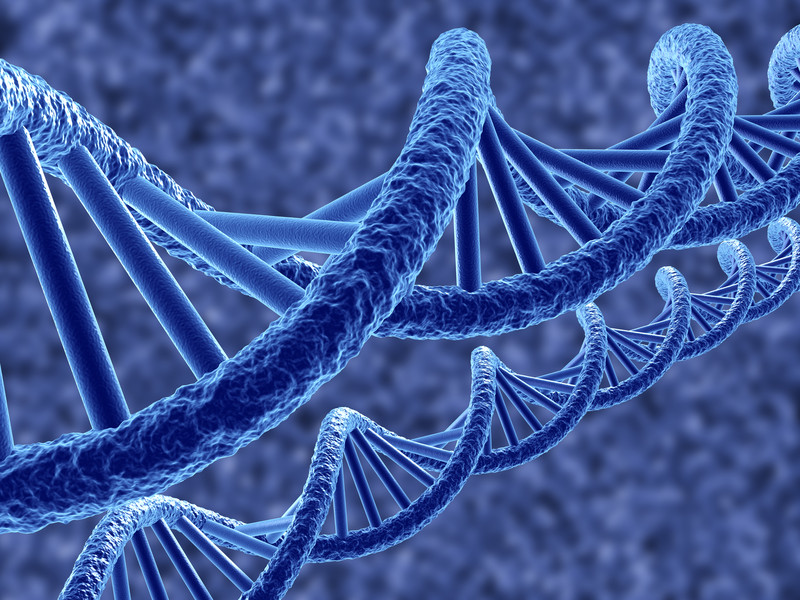
Although there is a lot that we know about chronic pain today, there is still so much more to be learned. With each new study that is conducted, we are able to confirm some of what we may already know, as well as gain some insight into new ideas that are emerging about this complex condition that impacts so many people around the country.
In a January 2016 scientific report in Nature, researchers share their results from a study conducted to determine if chronic pain changes our DNA via a process call methylation. DNA methylation is a key part of the control of genes—and genes control almost all aspects of our physiology. The research team of Moshe Szyf tested the hypothesis that DNA methylation in the brain and immune system are associated with and changed by chronic pain. What they found is that peripheral nerve damage is associated with persistent functional and morphological reorganization of the brain. In other words, chronic pain does seem to extensive impact on our DNA and on our brains (1).
The prefrontal cortex, which is located in the front of the head, is where your abstract thinking comes from, and it helps regulate behavior. It is an area of the brain that is critically important when it comes to chronic pain. It’s an area of the brain that has sensory components. Changes to this area of the brain can be found with those with chronic pain, but also with anxiety and depression.
Conducting their research using rats, researchers at McGill University found that the DNA methylation markers in T cells could serve as predictors of pain sensitivity, as well as of the potential for chronic pain. Their research demonstrated that the chronic pain can change DNA in hundreds to thousands of genes, even affecting areas of the body that we usually don’t associate with pain.
The more we learn about chronic pain, the more we see how it is connected to so many areas of the rest of our body. Through this research, we are learning of the possibilities that chronic pain may change the control of the DNA in our brains, as well as in our immune system. Having chronic pain in your back or leg, for example, may in fact end up affecting your whole body at the cellular level.
This new study will lead to additional research that will help to identify new treatment options for those specific genes that have been affected by chronic pain. Until then, we now have one more piece of the puzzle to help provide us with a little more understanding about chronic pain.
Sources
1. Nature. Overlapping signatures of chronic pain in the DNA methylation landscape of prefrontal cortex and peripheral T cells. <http://www.nature.com/articles/srep19615>







